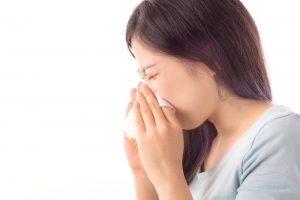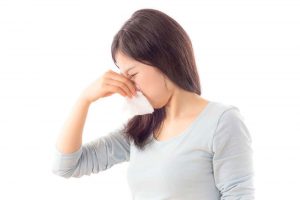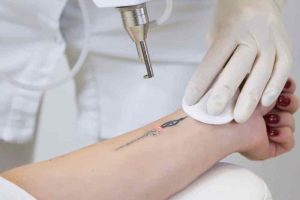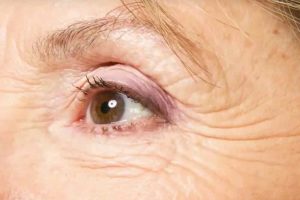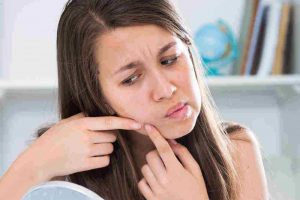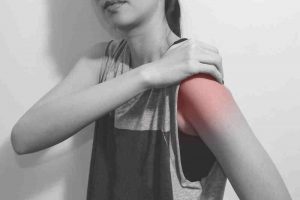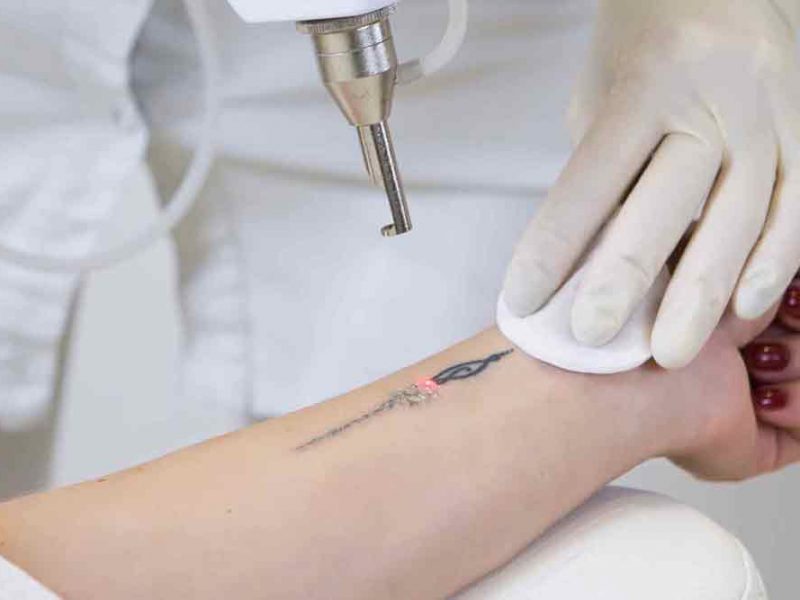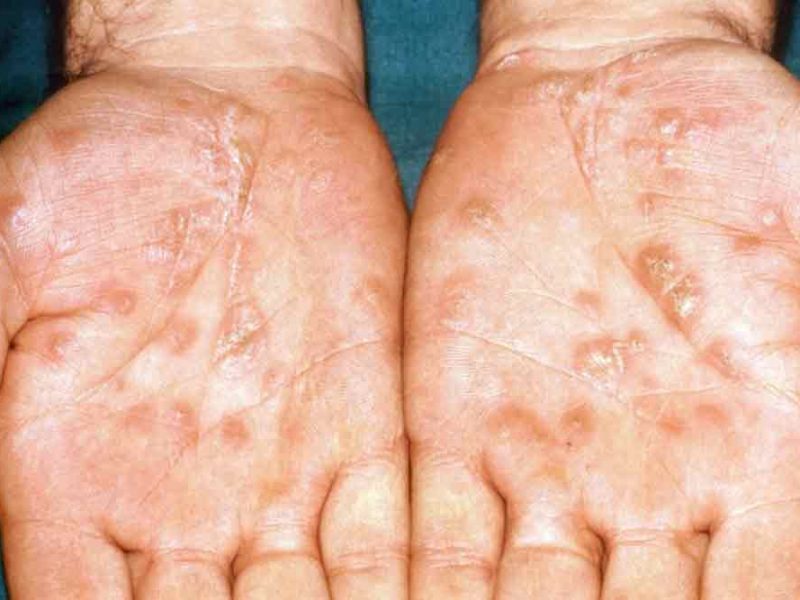Did your Skin Age During the COVID-19 pandemic? Checkout Why

Now that we’re emerging from many long months at home, you may be feeling self-conscious about the face you’re presenting to the world. The COVID-19 pandemic brought with it plenty of stress — along with literal self-reflection that made us even more aware of our wrinkles, lines and seeming imperfections.
So has your skin aged five years during the pandemic, or does it just feel that way?
Let’s dig into what might be going on. While you might be overthinking the natural aging process, it’s also possible that the past year was a tough one for your skin.
You haven’t been exercising. COVID-19 threw many of us off our routines, which means exercise might have gone by the wayside. Exercise improves circulation and your immune system, which may improve you skin’s appearance. It also helps fight weight gain that can lead to inflammation and accelerated aging.
You picked up (or revived) some bad habits. Maybe you coped with stress through alcohol or smoking — both of these habits can contribute to aging, particularly smoking.
You’ve been inside (or outside!) too much. Blue light from your computers, TVs and phones could be causing premature aging and hyperpigmentation of the skin. But on the flipside, all that time at home might have translated to a lot of time outside and exposure to UV light — which is the key contributor to aging that we can actually control through the use of sunscreen and protective clothing. Whether you’ve been inside or out, you may have found yourself squinting at screens or in the sun, which can also accentuate lines around the eyes.
You’ve been DIYing your skincare. Boredom or the Zoom Effect might have motivated you to try new products, which might be messing with your skin. In my office, I’ve been seeing some cases of irritation or allergic reactions to new products. Fortunately, this doesn’t last long and goes away when you stop using the offending product.
Your diet has suffered. Maybe you’ve sought some comfort in foods that haven’t been kind to your skin. Diets high in fresh fruits and vegetables help prevent skin damage that leads to early aging, but a diet with lots of refined carbs and sugar could accelerate aging.
You’ve been looking at yourself a lot more. Online meetings were great for connecting us during a time when we couldn’t be in the same room. But hours of looking into a virtual mirror (let’s call it the Zoom Effect) might have revealed a few things you hadn’t previously noticed, or caused you to dwell on features you’d prefer not to see.
You’ve been stressed. Studies have linked stress with accelerated aging, and chronic stress can increase inflammation that speeds up wrinkles.
You’ve got maskne. Face masks, which many are still wearing to prevent the spread of COVID-19, can trap heat and moisture and lead to the worsening of acne and rosacea. The mask itself can irritate your face, and in rare cases, you might be allergic to the materials that make up your mask.
So how can you reverse skin aging?
If you find yourself wanting to turn back the clock — or at least improve the face you’re seeing reflected during those online meetings — you have a several options to consider.
- First, if you’re not already doing this, get strict with your sun protection to prevent the continued acceleration of skin aging. Consider sunscreen with a high concentration of physical blocking agents such as zinc oxide, and iron oxide, which blocks visible (blue) light.
- Get back on track with diet and exercise, and curtail excessive drinking. If you’ve been smoking, quit now. Your skin won’t be the only part of your body that sees vast improvements.
- Next up: Try skin treatments such as DNA repair enzymes, retinoids (from retinol in over-the-counter wrinkle creams to prescription tretinoin), vitamin C (a powerful antioxidant) and hyaluronic acid for moisturizing.
- If you still aren’t getting the results you want, you may consider medical treatments including lasers, chemical peels, wrinkle relaxers such as Botox, or fillers to restore the loss of facial volume, which may appear as laugh lines.


